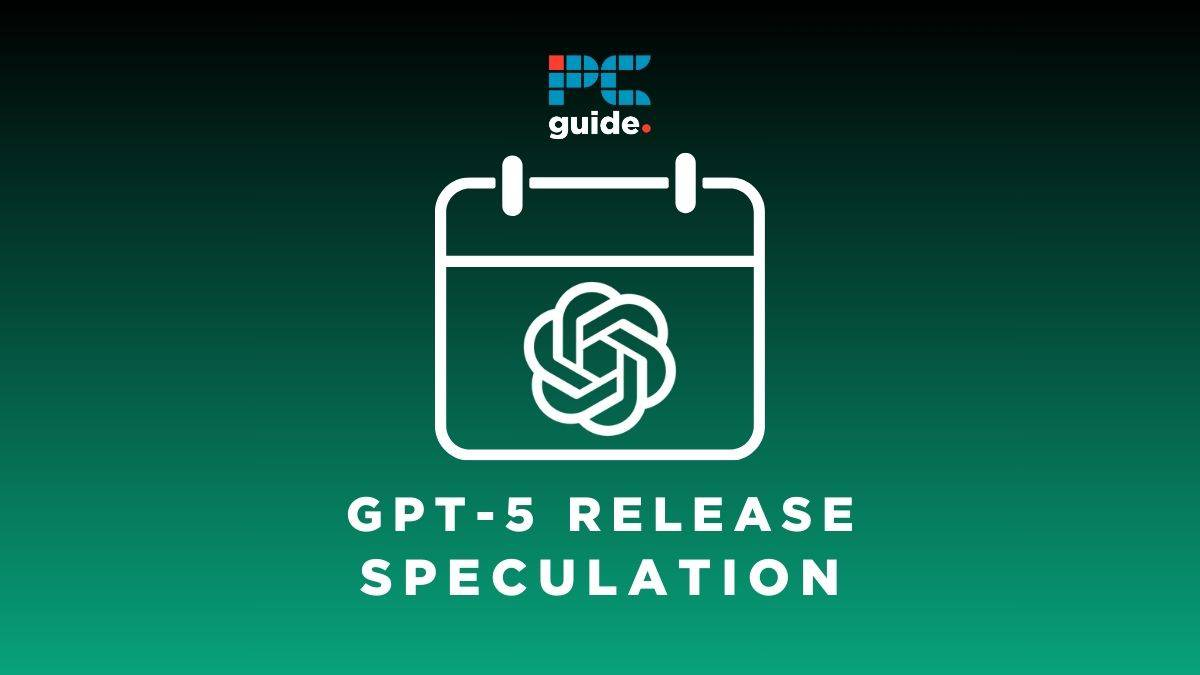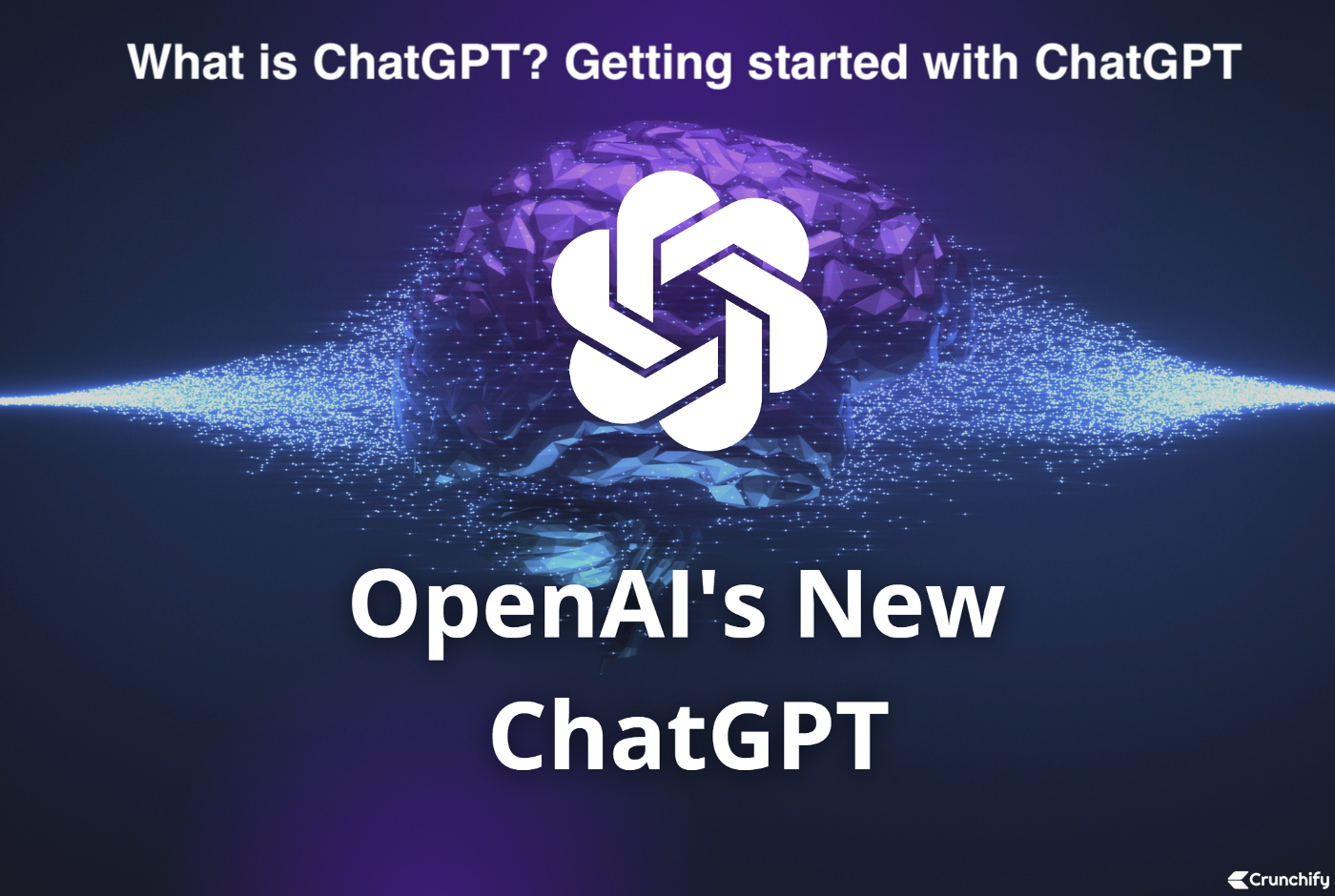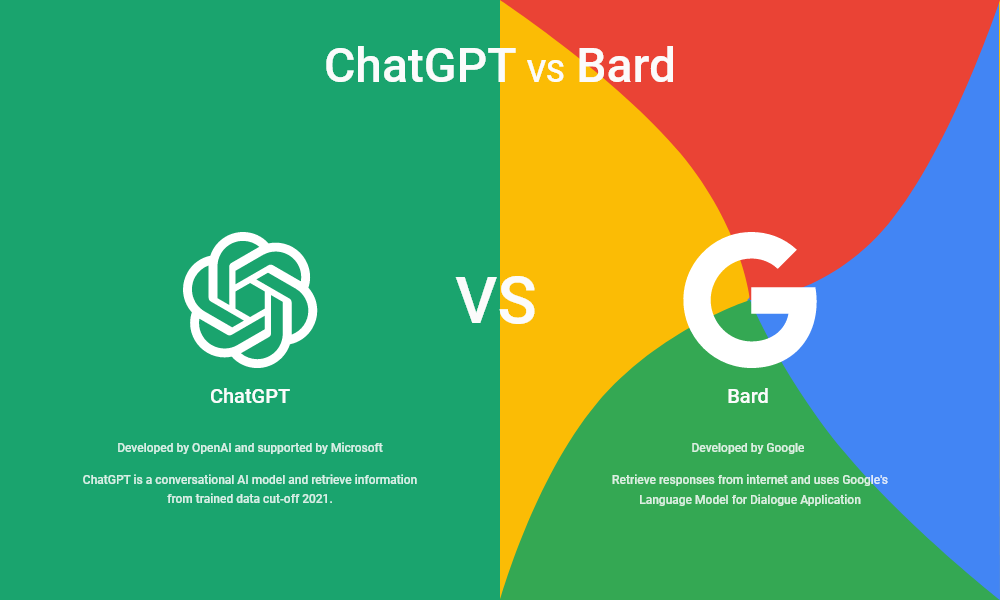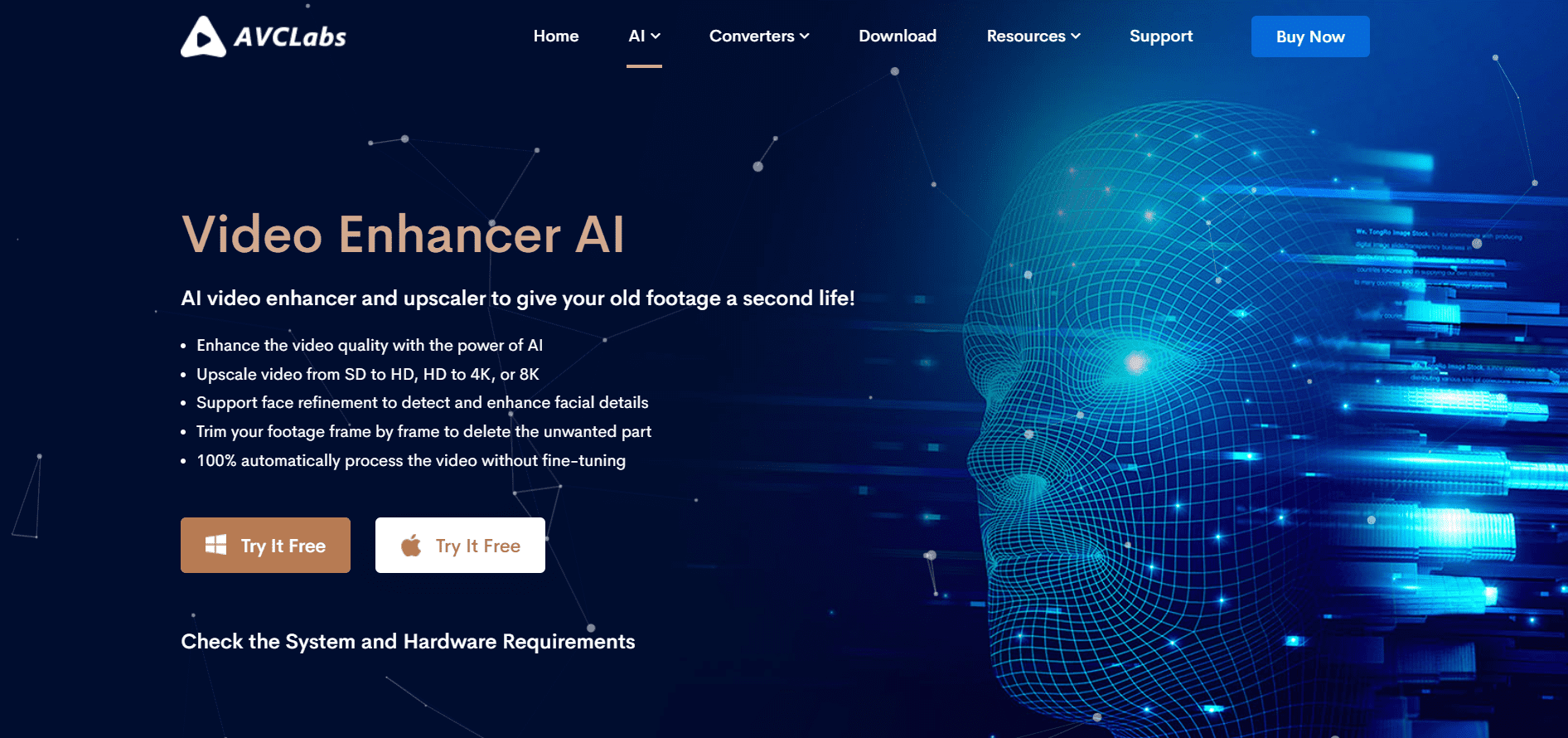The highly anticipated GPT-5 release has sparked excitement and speculation across the tech community, especially following the groundbreaking advancements of its predecessors, GPT-3 and GPT-4. OpenAI, the driving force behind generative AI, has continued to push boundaries in the quest for artificial general intelligence. With each iteration, we have seen remarkable improvements that not only redefine user interaction but also raise questions about the future of AI. As discussions intensify around the capabilities and potential timeline for GPT-5, enthusiasts and experts alike eagerly await insights into how this new generation of technology will evolve. Will it surpass the already impressive capabilities of GPT-4 and change our understanding of AI once again?
Discussions about the forthcoming iteration in the series of generative models, often termed as the next version of OpenAI’s chatbot technology, have led to a whirlwind of speculation. Many are curious about what advancements will come with this new model that aims to replicate more human-like reasoning and creativity. These developments are not just technical milestones; they represent a significant leap towards a future where AI can potentially perform tasks akin to those of humans. Enthusiasts and scholars alike are quick to analyze how these evolutions might affect the fabric of our society and the role of artificial intelligence in our daily lives. As we ponder over the implications of these advancements, the conversation inevitably shifts towards the ethical and practical challenges posed by this progressing technology.
The Buzz Around GPT-5 Release
The hype surrounding the potential release of GPT-5 has captivated many in the tech community. A single tweet from tech investor Siqi Chen ignited discussions, speculating that OpenAI could launch GPT-5 as early as December 2023. This news sent ripples through the internet, leading to widespread chatter on platforms like Reddit, where AI enthusiasts debated the plausibility of such an accelerated timeline. For many, the notion that GPT-5 could approach levels of artificial general intelligence (AGI)—the ability of AI to perform tasks with human-like understanding—adds an exciting yet concerning twist to the ongoing AI narrative.
While the excitement is significant, it’s essential to discern fact from speculation. OpenAI’s previous launches, including GPT-4, were shrouded in similar anticipations. Yet, here we are questioning whether the company can genuinely produce a leap to GPT-5 within a year of their last major release. This discussion illustrates the broader implications of generative AI and AI’s future. How society prepares for and integrates this technology will depend heavily on the advancements made with each iteration of GPT.
OpenAI’s Commitment and Developmental Strategy
OpenAI has garnered attention not just for their AI capabilities but also for their cautious approach to AI development. After the speculation ignited by Siqi Chen’s tweet, Sam Altman, the CEO of OpenAI, addressed these rumors during an MIT discussion. He confirmed that while there are no immediate plans for GPT-5, the company is not stagnant. Instead, they are likely channeling energy into refining GPT-4 and potentially introducing an interim version, such as GPT-4.5. This strategy underscores the importance OpenAI places on responsible advancement in AI technologies.
This approach is crucial in the context of generative AI, where advancements can lead to unexpected societal impacts. By strategically planning their releases and considering ethical implications, OpenAI aims to foster innovation while managing the risk associated with more advanced AI systems. Altman’s remarks serve as a reminder that the development of systems approaching AGI must be handled with care, reflecting the ongoing discourse about AI safety and governance.
The Evolution of GPT Technology
Technological evolution in AI has proceeded at an astonishing pace, with each version of GPT representing a significant leap forward. The introduction of GPT-4 marked a notable improvement over its predecessor, GPT-3.5, in terms of accuracy and language processing abilities. Looking ahead, there are strong expectations that GPT-4.5 or similar updates will emerge in the near term, focusing on enhancing the capabilities of current models rather than jumping straight to a potential AGI-like GPT-5.
Such advancements suggest that the current trajectory is towards increasing interaction intensity and broader cognitive functions in generative AIs. Improvements like web connectivity with plugins for GPT-4 not only enhance information retrieval but also optimize how users engage with AI. As companies compete to create more sophisticated AI systems, the evolution of technology will continue to shape not just the functionality of chatbots but also the wider landscape of AI applications in various industries.
What to Expect from Future AI Systems
As the field of artificial intelligence expands, the capabilities of upcoming systems like GPT-5 will likely surpass our current understanding. Speculation suggests that future iterations may be capable of processing multimedia inputs such as video in addition to text and images, greatly expanding the scope of generative AI applications. This flexibility may lead to new creative avenues, enabling AI to generate more intricate and varied outputs reminiscent of human creativity.
However, this anticipated evolution raises important questions regarding AI’s future role in society. With capabilities approaching those of human intellect, the societal implications could be profound, from labor market changes to ethical dilemmas regarding decision-making. The ongoing discourse surrounding AGI underscores the need for comprehensive strategies to navigate these challenges responsibly, ensuring that advancements are implemented for the benefit of all.
The Potential Impact of AGI Technologies
The intersection of generative AI and artificial general intelligence (AGI) brings forth both excitement and trepidation. Theories surrounding GPT-5 touching on AGI capabilities remind us of the impact such technologies could unleash. As we consider these advancements, it’s crucial to engage in proactive discussions around regulation, ethical use, and the framework of AI development to minimize potential risks. Activists and scholars have voiced concerns about AI’s effects on society, furthering the discourse on how humanity can coexist with advanced AI.
Exploration of AGI capabilities could indeed be a double-edged sword. On one hand, if harnessed responsibly, such AI could tackle complex global issues, streamline processes, and enrich creativity across industries. On the other hand, the prospect of machines achieving human-like reasoning introduces existential questions around the risks of misuse and the moral obligations of creators. Carefully navigating this landscape will be critical as we move closer toward realizing the next generation of AI.
Navigating Speculation and Reality in AI Development
Investors, technologists, and enthusiasts often get swept up in speculation about future AI products, particularly concerning major players like OpenAI. Each time a new model emerges or rumors circulate about advancements, the community buzzes with potential scenarios and expectations. This phenomenon highlights both the excitement of technological progress and the dissonance between public expectations and corporate realities. As seen with the rumors around GPT-5, misinformation can spread easily, making it vital to sift through hype and focus on concrete developments.
OpenAI’s reticence offers a glimpse into the careful balancing act between promoting their advancements and managing public perception. While speculation undoubtedly drives interest and investment in AI technologies, a thoughtful approach grounded in transparency could cultivate public trust and understanding. As the AI landscape continues to evolve, both developers and users must remain vigilant, prioritizing informed discussions about capabilities and responsibilities in AI deployment.
The Role of Community Input in AI Evolution
As generative AI systems like GPT evolve, the community plays a pivotal role in shaping their direction and usage. OpenAI has engaged with external voices, including researchers and users, to gather insights and critiques that inform their development processes. This collaboration underscores the notion that advancements should reflect not just technological potential but also societal values and norms. Input from diverse stakeholders can ensure that AI tools serve the public interest and aid in addressing complex challenges.
Public discourse around AI technologies fosters a culture of accountability and progressive thinking within the industry. By embracing input from various sectors—spanning ethics, policy, and creative landscapes—OpenAI and similar organizations can enhance their processes and outputs. Engaging in this communal dialogue can yield richer generations of AI, integrating both technical prowess and ethical considerations, thus paving the way for a responsible AI landscape.
Anticipating Changes in AI Governance and Regulation
As the capabilities of AI evolve, the regulatory landscape will likely transform accordingly. Lawmakers and regulatory bodies will need to keep pace with the rapid advancements in generative AI and AGI technologies to mitigate potential risks while encouraging innovation. The growing complexity of AI systems raises questions about accountability, transparency, and ethical considerations that require a robust governance framework. As seen in discussions regarding GPT-5, governance will play a crucial role in shaping public trust and user safety.
Moreover, ensuring that AI development aligns with societal values is paramount. As stakeholders engage in conversations about ethical AI use, insights will inform policy decisions at local, national, and international levels. Striking a balance between fostering innovation and safeguarding public interest will become increasingly important, cultivating an environment that supports responsible AI while addressing the myriad challenges posed by its evolution.
In Conclusion: The Future of AI and Human Collaboration
Ultimately, the anticipation surrounding the release of GPT-5 and future generative AI systems reveals a pivotal moment for technology and society. The intersection of advanced AI tools with human creativity offers boundless potential for progress and innovation. However, navigating this terrain requires thoughtful consideration of ethical implications and societal impact. As we await the next chapter in AI development, the emphasis on safety, collaboration, and proactive governance will be vital in shaping a balanced future.
The dialogue around advancements like GPT-5 reflects broader themes within the technology sector, where change is constant, and the future remains uncertain. By remaining engaged and informed, we can contribute to a trajectory that maximizes the benefits of AI while curbing its risks, ultimately leading to a more integrated and harmonious coexistence between humans and intelligent systems.
Frequently Asked Questions
What is the expected release timeline for GPT-5 by OpenAI?
Currently, there are rumors suggesting that GPT-5 could be released in December 2023, following a tweet from tech investor Siqi Chen. However, OpenAI CEO Sam Altman has stated that the company is not actively working on GPT-5 and won’t be for some time, making any release date speculative at best.
How does GPT-5 compare to GPT-4 in terms of capabilities?
While specific capabilities of GPT-5 are not confirmed, speculation suggests it may approach artificial general intelligence (AGI) and could offer enhanced creativity and functionality beyond GPT-4. These potential improvements might include accepting video as input, significantly expanding the versatility of generative AI.
What did Sam Altman say about OpenAI’s future work related to GPT-5?
During a discussion at MIT, Sam Altman clarified that OpenAI is not currently working on GPT-5, indicating that there aren’t any concrete plans for the next iteration of their generative AI model in the immediate future.
Is there any credible information about the features of GPT-5?
At this time, credible information about GPT-5’s features remains scant. Most discussions stem from speculation and a single tweet, as OpenAI has not disclosed detailed information regarding the next version of their generative AI systems.
Will OpenAI continue improving GPT-4, or are they focused solely on GPT-5?
OpenAI is likely to continue supporting and improving GPT-4, with potential updates such as a mid-version like GPT-4.5 expected before focusing on any future GPT-5 development. This approach mirrors their historical patterns with previous iterations.
What advancements in AI could we see with the release of GPT-5?
If GPT-5 becomes a reality, advancements might include improved reasoning capabilities, greater integration of multimedia inputs like video, and potentially more human-like creativity, hinting at the arrival of artificial general intelligence.
Are there any ethical concerns associated with the anticipated capabilities of GPT-5?
Yes, the advancement towards what might approach AGI presents numerous ethical concerns, including implications for jobs, misinformation, and the overall impact on society. The discussions surrounding these issues are vital as generative AI technology evolves.
How do experts speculate about the impact of GPT-5 on generative AI?
Experts suggest that if GPT-5 achieves its expected capabilities, it could significantly influence not only generative AI technology but also the way humans interact with machines, redefining creativity, productivity, and problem-solving in various sectors.
| Key Point | Details |
|---|---|
| GPT-3 and GPT-4 Releases | GPT-3 and GPT-3.5 marked significant advancements in AI by OpenAI, followed by the rollout of GPT-4 which further enhanced capabilities. |
| Speculation About GPT-5 | There is rampant speculation regarding GPT-5, its release date, and whether it will reach artificial general intelligence (AGI). This speculation was ignited by a tweet from tech investor Siqi Chen claiming a December 2023 release. |
| OpenAI’s Official Response | OpenAI CEO Sam Altman stated that the company is not currently working on GPT-5 and reassured the public that no substantial work is being conducted on it for now. |
| Future Developments | Speculation continues about potential updates to GPT-4, with expectations of a GPT-4.5 release that will enhance current functionalities without necessarily introducing a full GPT-5 yet. |
| Possibilities for GPT-5 | If developed, GPT-5 may include video input capabilities and reach even higher levels of creativity, possibly approaching AGI. However, any concrete timeline for such advancements remains uncertain. |
Summary
The GPT-5 release has been a hot topic within the tech community, sparked by various rumors and speculations. Although there are claims of its impending launch, official statements from OpenAI suggest that concrète developments on GPT-5 are not currently underway. Meanwhile, the advancements made in GPT-4 and anticipated updates like GPT-4.5 indicate that the journey of generative AI is still evolving. The focus remains on improving existing models while contemplating the future of AI technology.




